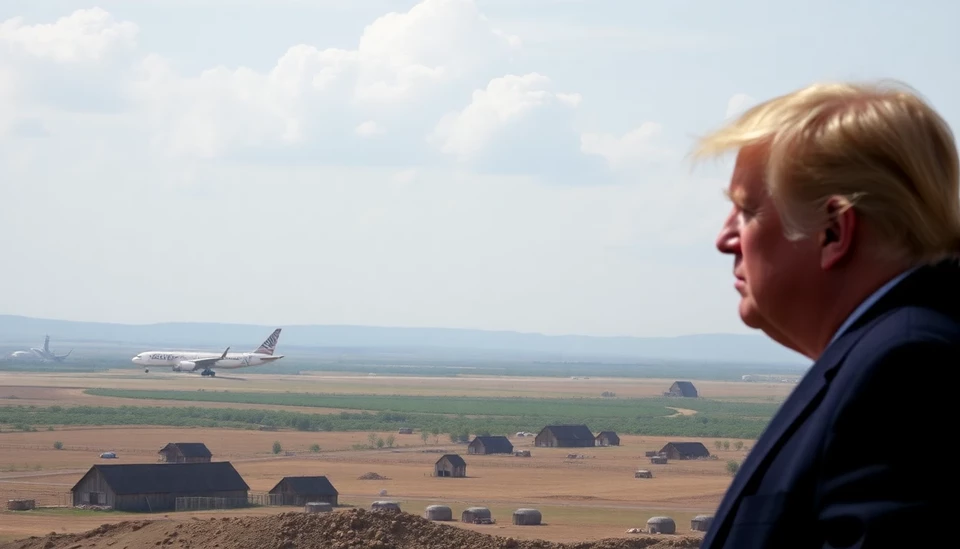
In a recent analysis, the repercussions of former President Donald Trump’s tariff policies have come to light, revealing their disproportionately adverse effects on the world's poorest countries. As these nations struggle with economic stability, the protectionist measures, originally aimed at boosting American manufacturing, have instead created severe challenges for developing economies that depend heavily on trade.
The tariffs, which were enacted in 2018 on a variety of goods as part of an effort to reduce trade deficits, have not only impacted the targeted nations but have also led to an increase in global prices for essential goods. As the U.S. imposed tariffs on products from countries like China, the ripple effects were felt worldwide, ultimately harming the very industries that Trump aimed to protect.
For many low-income countries, which often export primary products such as agricultural goods and raw materials, these tariffs have resulted in diminished market access. Without the ability to compete fairly on the global stage, these nations face uphill battles in their quest for economic growth and stability. The imposition of higher tariffs has, paradoxically, fueled a cycle of poverty for millions who depend on international trade.
Economists have warned that the ramifications of such tariff policies could lead to negative outcomes not just locally in the affected nations, but also across global supply chains. The interconnectedness of the world economy means that when tariffs disrupt one part, other sectors may suffer as well. In poorer nations where exports make up a larger percentage of GDP, the consequences can be particularly severe, fueling economic contraction and social unrest.
Moreover, the tariffs have exacerbated existing inequalities. Wealthier nations, capable of absorbing the costs associated with higher trade barriers, have largely navigated the storm. However, poorer countries lack the necessary infrastructure and resources to respond effectively to these changes, increasing their vulnerability to economic shocks.
As these economic consequences unfold, the dialogue surrounding trade policy continues. Advocates for free trade argue that reducing tariffs would promote global economic growth and help lift millions out of poverty by enabling poorer nations to engage more competitively in the international market.
While former President Trump’s supporters maintain that the tariffs were a necessary step towards an "America First" economic strategy, critics highlight that the long-term damage inflicted on developing countries may lead to increased hardship for many. The balance between national interests and global cooperation remains a contentious topic, with future policies potentially shaping economic landscapes for generations.
As stakeholders around the world grapple with the fallout of these tariffs, it is clear that a reassessment of trade strategies is needed to ensure that the world’s poorest countries are afforded more equitable opportunities within the global market.
In conclusion, the legacy of Trump's tariffs serves as a stark reminder of how localized economic policies can have far-reaching consequences. With low-income nations bearing the brunt of these trade barriers, the call for more inclusive and fair trade practices has never been louder.
#TrumpTariffs #GlobalEconomy #TradePolicy #Poverty #EconomicImpact #FairTrade
Author: Rachel Greene




